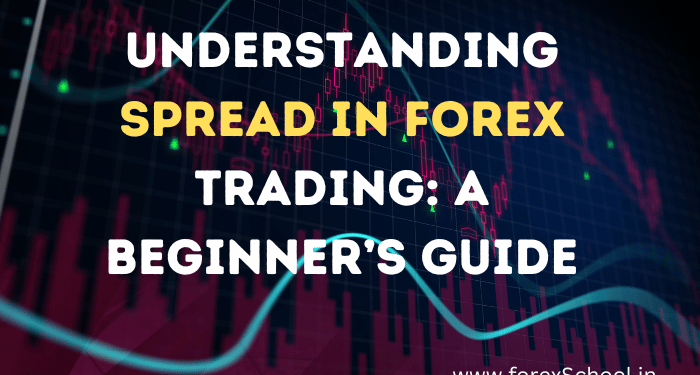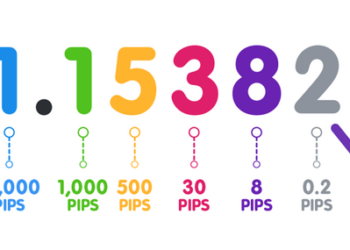Understanding the Basics of Spread in Forex Trading
In the world of forex trading, “Spread in Forex” refers to the difference between the buying price (ask) and the selling price (bid) of a currency pair. It represents the cost incurred by traders when they enter a trade. The ask price is the amount you’ll pay to purchase a currency pair, while the bid price is what you’ll receive if you sell it. This spread serves as the profit for brokers, as they don’t charge commissions in the forex market. Spread widths can vary depending on factors like market liquidity and the broker you choose, making it essential for traders to understand and consider spreads when executing their trades.
Introduction
Forex trading, also known as foreign exchange trading, is a popular financial market where individuals and institutions trade currencies. If you’re new to forex, you might have come across the term “spread.” In this beginner-friendly guide, we’ll explore what is the spread in forex. Why spread matters, and how spread can affect your trading. So, let’s dive right in!
What is Spread in Forex?

The Spread in Forex is a fundamental concept in forex trading. It represents the difference between the buying price (ask) and the selling price (bid) of a currency pair. When you trade forex, you’re buying one currency while together selling another. The spread is the cost you pay to the broker for facilitating this transaction.
Understanding Ask and Bid Prices
To comprehend the spread better, let’s break down, ask and bid prices:
Ask Price: This is the price at which you can buy a currency pair from your broker. It’s always slightly higher than the market price because your broker needs to make a profit.
Bid Price: the bid price is what you can sell a currency pair for. It’s slightly lower than the market price because the broker wants to make a profit as well.
What is Bid Price and Ask Price in Forex and How Do They Work
Why Does Spread in Forex Matter?

The Spread in Forex is essential for several reasons:
Broker’s Compensation: Brokers don’t charge commissions in forex; instead, they earn through spreads. It’s how they cover their operational costs and make a profit.
Transparency: The spread is a transparent fee, so you always know what you’re paying. This helps you calculate your potential profit or loss.
Market Liquidity: Spread with can vary based on the currency pair and market conditions. In highly liquid markets (where many traders buy and sell), spreads are narrower. In less liquid markets, spreads wide.
Types of Spreads

There are two primary types of spreads:
Fixed Spread: Some brokers offer a fixed spread, which remains constant regardless of market conditions. This type of spread is predictable and can be useful for beginners.
Variable Spread: Variable spreads fluctuate under market conditions. They are narrower during times of high liquidity and wider during less liquid periods. While variable spreads can offer lower costs in ideal conditions. They can also increase during volatile market events.
How to Minimize the Impact of Spread
While you can’t eliminate spreads, you can take steps to minimize their impact on your trading:
Choose the Right Broker: Select a reputable broker with competitive spreads. Compare spreads offered by different brokers to find the best fit for your trading strategy.
Trade During Peak Hours: Try to trade when the forex market is most active. During the overlap of major trading sessions (London, New York, and Tokyo). This can lead to narrower spreads.
Use Limit Orders: Instead of market orders, consider using limit orders to enter or exit trades. This allows you to specify the price at which you want to execute your trade, avoiding wider spreads during volatile periods.
Stay Informed: monitor economic calendars and news events. Major economic announcements can lead to increased volatility and wider spreads.
Conclusion
Understanding spread in forex is crucial for every trader. Maybe you’re a beginner or an experienced investor. To manage your trading strategy, you need to know the cost you get with every trade. Remember to choose your broker, stay updated on market conditions, and employ strategies to minimize the impact of spreads on your forex trading journey. Happy trading!
Keywords: Spread in Forex, Forex Trading, Ask Price, Bid Price, Fixed Spread, Variable Spread, Minimize Spread Impact, Forex Broker, Market Liquidity.





